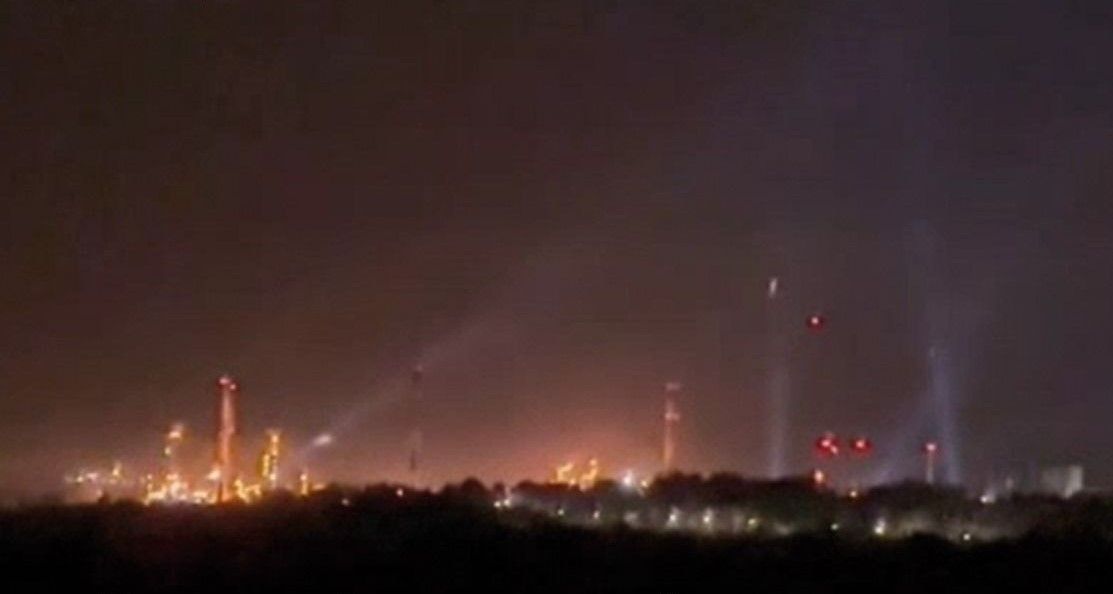EU reportedly delays 19th sanctions package after Trump's push to cut off Russian oil

The EU has postponed plans to table its 19th package of sanctions against Russia on Sept. 17 as the U.S. demands tougher steps to proceed with its own measures, Bloomberg and Politico reported, citing undisclosed sources.
The news comes after U.S. President Donald Trump said he would impose tougher sanctions on Moscow once European allies fully cease purchasing Russian oil, one of its key sources of revenue.
The Trump administration has also reportedly urged other G7 members to adopt 50-100% tariffs on China and India — the leading buyers of Russian oil — to pressure Russian President Vladimir Putin to the negotiating table.
Later, on Sept. 13, the U.S. president publicly called for tariffs against China, though omitting India from his statement.
Following Trump's appeals, the 19th sanctions package is no longer on the agenda on Sept. 17, an EU diplomatic source and a national official told Politico.
The EU now seeks to align its approach with G7 priorities, while G7 officials plan to finalize a text of a new sanctions package in the next two weeks, Bloomberg reported, citing an undisclosed source.
The planned 19th package was said to include steps targeting Russian banks and the energy sector, and measures against Indian and Chinese companies helping Russia sell its oil were also reportedly on the table.
The Kyiv Independent has reached out to the European Commission's press office for comment.

The EU has slashed much of its Russian energy purchases after the outbreak of the full-scale war in Ukraine, and the European Commission proposed a plan to phase them out completely by the end of 2027.
Hungarian Prime Minister Viktor Orban, Trump's close ally, and Slovak Prime Minister Robert Fico have been the most vocal opponents of cutting energy ties with Russia. Hungary and Slovakia are the last two EU members still purchasing Russian oil via the Druzhba pipeline.
"When it comes to buying Russian oil, it is now virtually down to Hungary and Slovakia," said Republican Senator Lindsey Graham, one of the most ardent proponents of tougher sanctions against Russia.
While Trump has repeatedly threatened to impose harsher sanctions against Moscow as part of his push to negotiate a peace deal in Ukraine, his steps have so far been limited to 50% tariffs on India.
Trump's administration said it would refrain from new tariffs on Chinese goods until European countries first adopt steep tariffs of their own. According to Reuters's sources, the EU is unlikely to adopt tariffs on either China or India, its two major trading partners.












